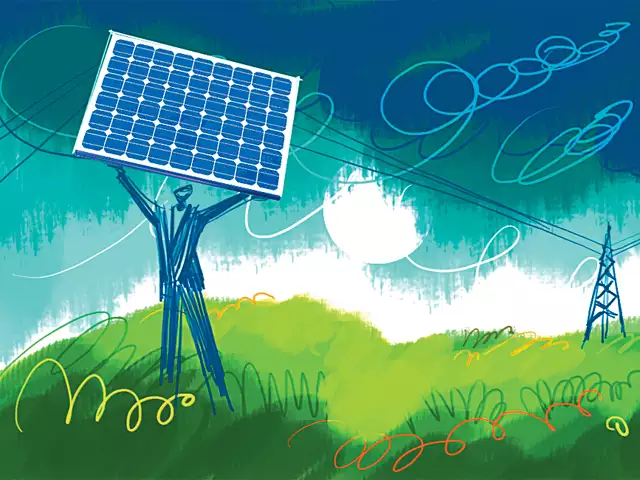
Introduction
Online courses on solar technology and installation have gained significant prominence in recent years due to the increasing demand for renewable energy solutions. This article explores the relevance and importance of these courses in equipping individuals with the knowledge and skills needed to contribute to the solar industry.
Historical Background
The evolution of solar technology has revolutionized the energy sector, making it imperative for education and training programs to keep pace with the advancements. Early initiatives in online courses on solar technology and installation emerged as a response to the growing need for accessible and comprehensive learning opportunities.
Key Concepts and Definitions
Solar technology encompasses various systems and technologies used to harness solar energy. This section provides an explanation of the different technologies and systems, along with an overview of the installation process and requirements. Additionally, online learning is defined, highlighting its advantages in terms of flexibility and accessibility.

Main Discussion Points
Importance of online courses for learning about solar technology and installation: Online learning platforms offer flexibility, allowing individuals to learn at their own pace and schedule. Moreover, these courses provide access to expert instructors and industry professionals who can impart valuable knowledge and insights. Additionally, online courses are cost-effective compared to traditional education, making them accessible to a wider audience.
Curriculum and content of online courses: Online courses cover a range of topics, including solar panel design, installation techniques, maintenance, and safety protocols. Hands-on training and virtual simulations enable learners to gain practical experience. Certification and accreditation options offer recognition for acquired skills.
Case Studies or Examples
Success stories of individuals who have completed online courses and established successful careers in solar technology and installation serve as inspiration for prospective learners. Additionally, a case study of a company or organization implementing online training programs for its employees showcases the effectiveness of these courses in professional development.
Current Trends or Developments
The demand for online courses in solar technology and installation is rapidly growing as more individuals recognize the importance of renewable energy. The integration of virtual reality and augmented reality in online training programs enhances the learning experience and practical applicability. Furthermore, new research findings on the effectiveness of online learning in this field contribute to ongoing advancements.

Challenges or Controversies
While online courses offer numerous benefits, one challenge is the lack of hands-on experience. However, efforts are being made to supplement online learning with practical training opportunities. Debates regarding the effectiveness of online learning compared to traditional classroom learning continue, but online courses have proven to be effective in imparting theoretical knowledge.
Future Outlook
Advancements in online learning platforms and technologies are expected to enhance the overall learning experience, providing more interactive and immersive opportunities. The increasing importance of solar technology and installation in the renewable energy sector will create new opportunities for individuals with expertise in this field. Collaboration between online course providers and industry stakeholders will further strengthen the quality and relevance of these courses.

Conclusion
Online courses on solar technology and installation play a pivotal role in enabling individuals to acquire knowledge and skills in this rapidly growing field. The flexibility, accessibility, and comprehensive content of these courses make them an essential resource for those aspiring to contribute to the renewable energy sector.




